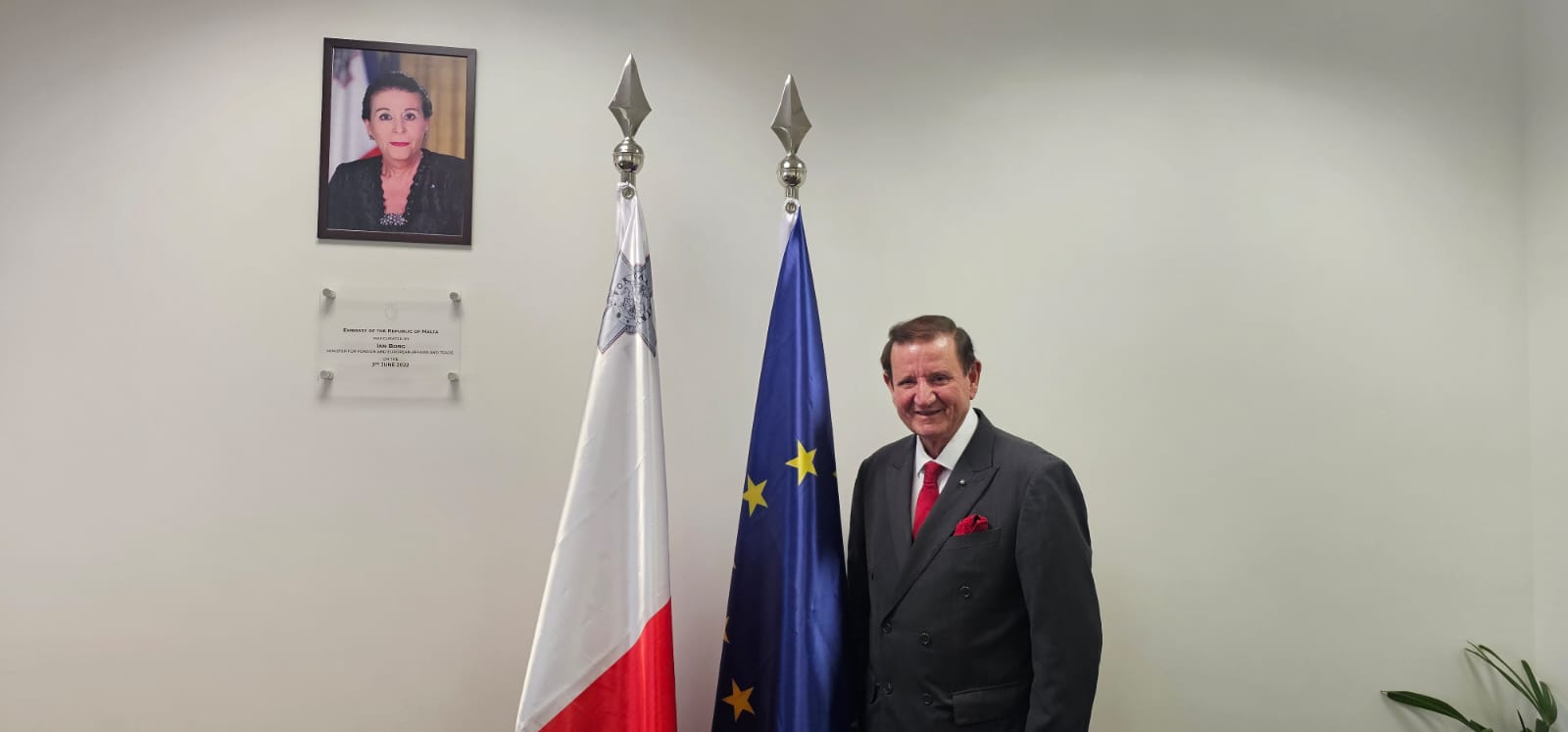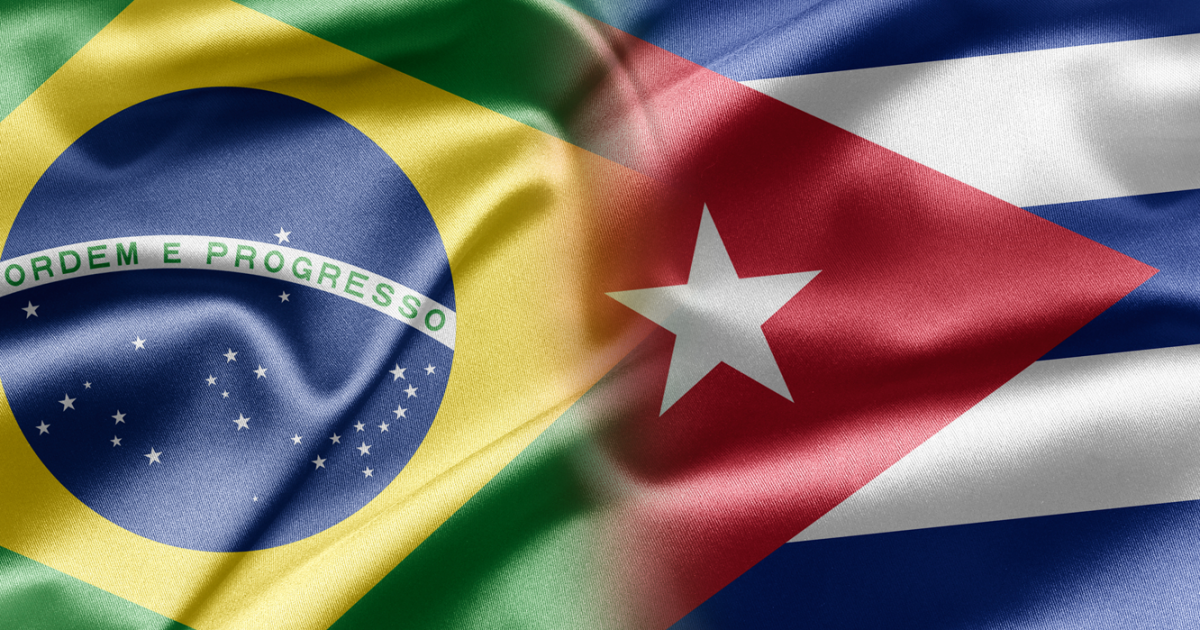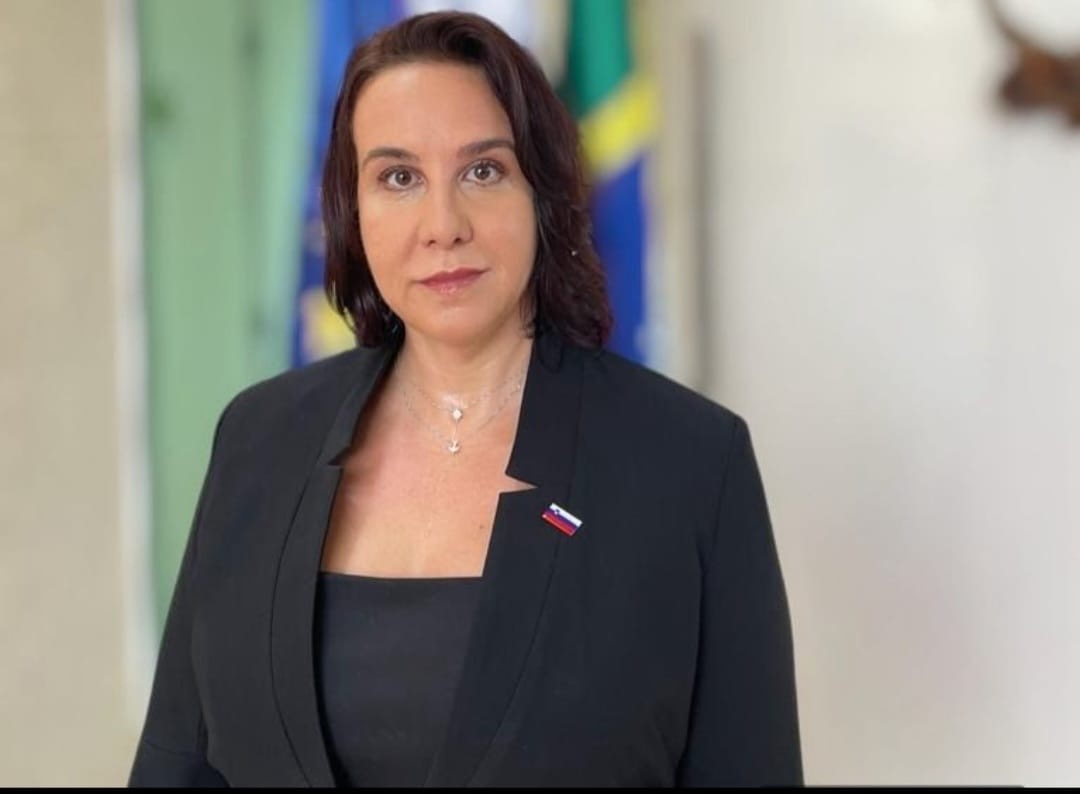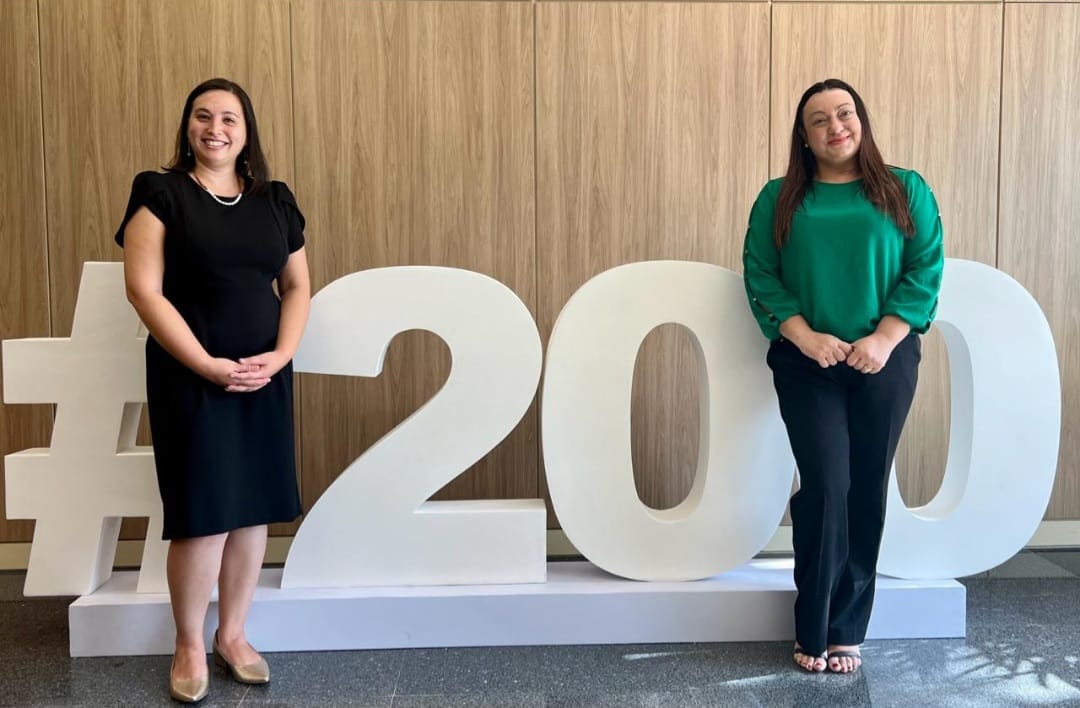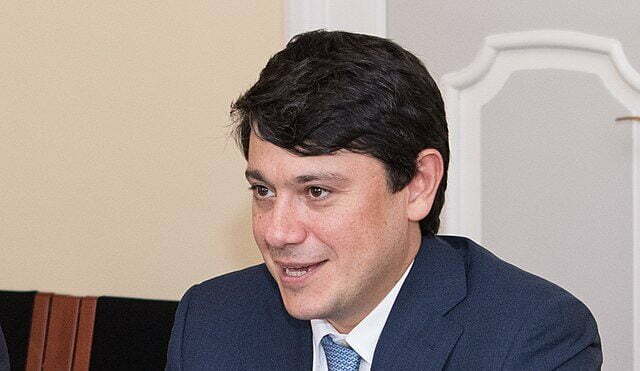By
Rachel Avraham is the CEO of the Dona Gracia Center for Diplomacy and the editor of the Economic Peace Center
In recent days, Chairman Fuad Muradov of the State Committee on the Work with the Diaspora, who has the rank of a minister in Azerbaijan, visited the State of Israel, where he met with Israel’s Minister of Diaspora Affairs Nachman Shai. His visit has great significance for Israeli-Azerbaijani bilateral relations and this in turn will affect not only the Jewish American community, but also the trilateral relationship between Israel, Azerbaijan and the United States.
Any potential cooperation between the State Committee on the Work with the Diaspora and Israel’s Ministry of Diaspora Affairs will positively affect the American Jewish community. According to the internal minutes of the meeting put out by Israel’s Ministry of Diaspora Affairs, “22% of American Jews avoid wearing or displaying Jewish items in public. 81% of young Jews in Europe see anti-Semitism as a threat to their security.” Israel’s Ministry of Diaspora Affairs has a mission of “uniting the Jewish people around a sense of shared fate and destiny, with Israel at its center thriving alongside secure Jewish communities around the world, which are connected to the Jewish heritage and the State of Israel.”
Interestingly, Azerbaijan’s State Committee on the Work with the Diaspora has a similar mission, as they also seek to establish close cooperation with Azerbaijanis living outside of Azerbaijan and keep them connected to their homeland. There are 18 Azerbaijani houses operating in 12 different countries across the globe, from Munich, Barcelona, and Brussels to Cairo, Thessaloniki and Warsaw. Just like the Jewish community in America operates summer camps for their Diaspora youth, hoping to keep them connected with Israel, Azerbaijan does likewise as well.
According to Israel’s Diaspora Affairs Ministry, “Azerbaijan is a secular Muslim majority country, which also has a Christian and Jewish community. Israel was the seventh country to recognize Azerbaijan’s independence. For 28 years, Israel has an embassy in Baku. In 2021, Azerbaijan opened up a Tourism and Trade Office in Israel, with an embassy expected soon.”
Lev Spivak, the representative of the Azerbaijani Jewish community in Israel who heads the Aziz organization and who accompanied Chairman Muradov around Israel, claimed in an exclusive interview that the main reason for his visit was to meet with Israeli Minister Nachman Shai: “In the meeting, everything interested both sides. They spoke about their plans and work. They found many things that are similar, yet also things that are different and they compared all their notes to the smallest details. They want to continue such meetings. They discussed campuses abroad, student life and many other technical things related to Azerbaijan and Israel.”
Muradov also met with Israel’s Finance Minister Avigdor Lieberman, Israel’s Minister of Agriculture and Rural Development Oded Forer, Israel’s Minister of Jerusalem Affairs and Heritage, as well as Minister of Housing and Construction Elkin Ze’ev, members of the Azerbaijani-Israeli Inter Parliamentary Friendship group led by Elina Bordach Yalova and much more.
Muradov’s meetings with them focused on the Azerbaijani Diaspora in Israel, Azerbaijani-Israeli cooperation, Israeli investment opportunities in Azerbaijan and other future projects. It was noted that the positive impression of Azerbaijani Jews for their native country created a very positive opinion about Azerbaijan in Israel about the values of tolerance and multiculturalism in the country. This has also influenced the American Jewish community, as Azerbaijan helped to rebuild a Chabad House in the US that fell victim to an arson attack.
While in Rishon Le-Tzion, Spivak noted that he held discussions to make the city a twin city of Ganja, one of the most important cities in Azerbaijan: “Afterwards in the evening, there was an event in the evening with people from all over Israel and also the Mayor Roma Peretz.” He also visited the synagogue of Rabbi Shmuel Simantov and presented him an award, alongside many other prominent Azerbaijanis. He did this in honor of the 30th anniversary of the Azerbaijani-Israeli relationship this year.
Muradov’s visit came one week after former Israeli Communication Minister Ayoob Kara was one of 22 foreign experts to come to Azerbaijan to speak on a panel at the prestigious Ada University. At Ada University, the Honorable Kara did everything in his power in order to promote Israeli technology in Azerbaijan, offering it as a solution to Azerbaijan’s landmine problem.
One may ponder, how will all of this affect the trilateral relationship between the United States, Azerbaijan and Israel? For starters, Azerbaijan is a full partner of the American Jewish community in countering domestic anti-Semitism, as the Azerbaijani government has a strong stance against all forms of bigotry and promotes multiculturralism as the ideal model. In return, the American Jewish community assists the Azerbaijani community whenever they face prejudice in the Diaspora. This in turn strengthens Azerbaijan’s position in the United States and thus Azerbaijani-American relations, as there is power in numbers in any democratic society, especially in one that is based on interest groups like in the United States.
In the United States, the Azerbaijani community is not that big and thus has a minimal impact on US foreign policy. However, when the Jewish community in America unites with the Azerbaijani community, then the Azerbaijani community will be better able to enhance the relationship between Azerbaijan and the US. Stronger Azerbaijani-American relations will allow America to find a suitable replacement for Russian oil, without offering sanctions relief to the Islamic Republic of Iran, who routinely chants “Death to America” and “Death to Israel,” while threatening Israeli tourists vacationing in Turkey. Azerbaijan could also potentially be a solution for the global grain crisis that was caused by the war in the Ukraine. Thus, better Azerbaijani-American relations could benefit the United States and the world entirely, and this visit assisted in this.
Rachel Avraham is the CEO of the Dona Gracia Center for Diplomacy and the editor of the Economic Peace Center, which was established by former Israeli Communication Minister Ayoob Kara. She is the author of Women and Jihad: Debating Palestinian Female Suicide Bombings in the American, Israeli and Arab Media.

